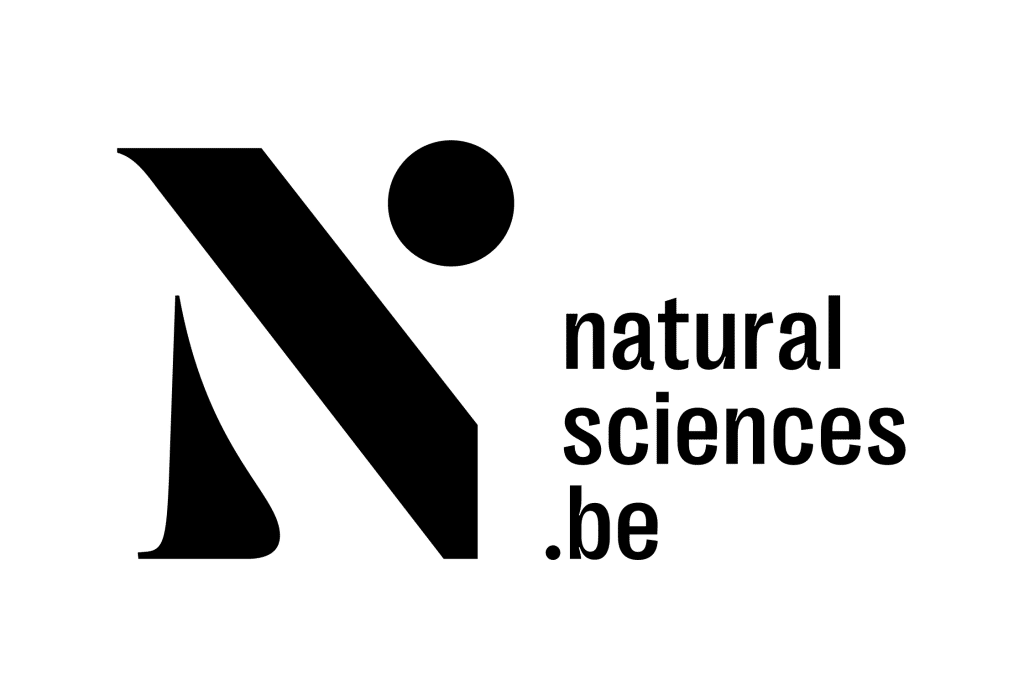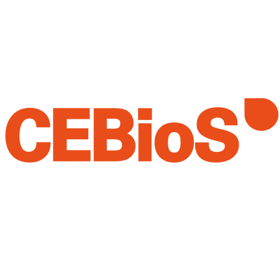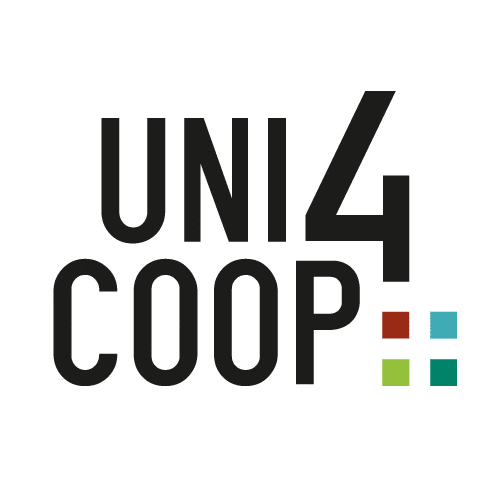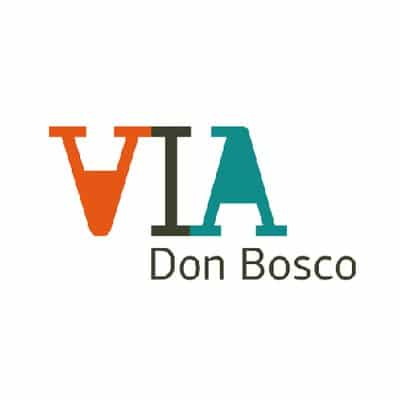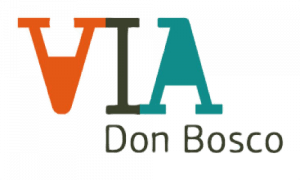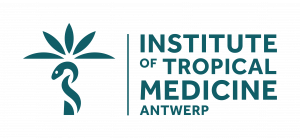Partnerships
Home » Partnerships » Synergies & collaborations
Home » Partnerships » Synergies & collaborations
Synergies & collaborations
CEBioS cooperates with a number of institutions and actors to align biodiversity and sustainable development activities, both in Belgium and the partner countries.
Since 2016, CEBioS staff has followed the formulation and implementation of Joint Strategic Frameworks (JSFs) by non-governmental actors of the Belgian Development Cooperation that are operating in Benin, Burundi, DR Congo and Vietnam. CEBioS has also participated in the Strategic Dialogues linked to these four geographic JSFs. In 2022-2026, synergies with the Belgian development actors will be further enhanced as CEBioS will be involved in the JSFs of Benin, Burundi, Kenya, Niger, DR Congo, Rwanda, Tanzania and Vietnam.
Furthermore, in the wake of the opportunity to develop a framework around thematic issues for the period 2022-2026, four organisations with a history of collaboration – among them CEBioS – came together and identified a common cause: to preserve, as much as possible, and increase the resilience of freshwater, forest, and other ecosystems in developing countries. To remain focused, all organisations agreed from the onset to concentrate on the ‘resilience of social-ecological systems’ within the broader topic of environment. The thematic JSF ‘SECORES’ was born. Its concept note was approved by the Minister of Development Cooperation in June 2020.
The 4 strategic goals of SECORES:
- Improved rights, policies, and governance of ecosystems and natural resources
- Improved awareness, knowledge, skills about sustainable ecosystems
- Strengthened sustainable access to, management and use of ecosystem services
- Ecosystems are conserved or restored for optimal functioning
SECORES is centred around the four basic or ‘bio-physical’ Sustainable Development Goals (6=water, 13=climate, 14= life on earth, 15= life under water) and each of the four founding members represents a certain area of intervention within the Belgian Development Cooperation, related to ‘environment’:
BOS+ is mainly concerned with the protection of forests and re-forestation for the benefit of these ecosystems as carbon sink, for their biodiversity and for the ecosystem services as benefits to local communities
CEBioS carries out policy support and capacity building about biodiversity in the framework of the Rio Convention of Biological Diversity
Join For Water is mainly concerned with the protection and conservation of water resources and the access to drinking water, hygiene, sanitation, and water for agriculture in the framework of integrated water resource management
WWF-Belgium focuses on conserving, sustaining, and restoring biodiversity hotspots for the direct benefit of local livelihoods and also ensuring sustainable value chains
- BOS+ is mainly concerned with the protection of forests and re-forestation for the benefit of these ecosystems as carbon sink, for their biodiversity and for the ecosystem services as benefits to local communities
- CEBioS carries out policy support and capacity building about biodiversity in the framework of the Rio Convention of Biological Diversity
- Join For Water is mainly concerned with the protection and conservation of water resources and the access to drinking water, hygiene, sanitation, and water for agriculture in the framework of integrated water resource management
- WWF-Belgium focuses on conserving, sustaining, and restoring biodiversity hotspots for the direct benefit of local livelihoods and also ensuring sustainable value chains
At a later stage in the formulation of SECORES, also Uni4Coop – the consortium of 4 university related NGOs (Louvain Coopération, Eclosio, ULB cooperation, and FUCID) – and VIA Don Bosco expressed their interest. They were welcomed as new members because they will be able to contribute to the realization of the JSF based on their experiences in the field: Uni4Coop with their program on mangroves and VIA DB through their work with young people as actors for change on environment and resilience.
Also outside the context of the JSFs, CEBioS interacts with different development actors and institutions in various ways. Some examples:
MoU with WWF-Belgium, ENABEL & Join For Water
Synergies with ARES & VLIR-UOS
Collaboration with AfricaMuseum, Meise Botanic Garden, ITM & universities
Interactions with Belgian research institutes and universities take place at various levels:
- Exchange of expertise on the Nagoya Protocol, forestry, fish fauna, insect pollination, pest management, zoonotic diseases, etc.
- Harmonisation and synchronisation of activities in the field
- Joint capacity building for African scientists, such as training in taxonomy and collection management in the framework of the Global Taxonomy Initiative
- Joint capacity building for scientific publishing by African researchers
- Joint project funding application
- Joint publications (e.g., scientific papers, Abc Taxa Journal, Policy Briefs, ...)
- Joint organisation of conferences, seminars, workshops, etc. in North and South
- .....
Involvement in several platforms of Belgian development actors
MoU between SCBD and members of the CSP on Biodiversity
The Consortium of Scientific Partners (CSP) on Biodiversity was initially established through a memorandum of understanding (MoU) signed in Curitiba, Brazil, on 27 March 2006, between the Secretariat of the Convention on Biological Diversity (SCBD) and a number of Partners, including the RBINS. The MoU has been renewed in 2021.
Members of the CSP on Biodiversity are leading academic, research, training and educational institutions committed to promoting scientific research, development and dissemination of knowledge, and increasing the understanding of species and ecosystems through, inter alia, the provision of education, advice and information to stakeholders, the development of global capacity through collaborative partnerships and training of scientists and the organization of other activities on policy, scientific and technical issues to support the effective implementation of the Convention and its Protocols.
MoU with WWF-Belgium, ENABEL & Join For Water
Synergies with ARES & VLIR-UOS
Collaboration with AfricaMuseum, Meise Botanic Garden, ITM & universities
Interactions with Belgian research institutes and universities take place at various levels:
- Exchange of expertise on the Nagoya Protocol, forestry, fish fauna, insect pollination, pest management, zoonotic diseases, etc.
- Harmonisation and synchronisation of activities in the field
- Joint capacity building for African scientists, such as training in taxonomy and collection management in the framework of the Global Taxonomy Initiative
- Joint capacity building for scientific publishing by African researchers
- Joint project funding application
- Joint publications (e.g., scientific papers, Abc Taxa Journal, Policy Briefs, ...)
- Joint organisation of conferences, seminars, workshops, etc. in North and South
- .....
Involvement in several platforms of Belgian development actors
MoU between SCBD and members of the CSP on Biodiversity
The Consortium of Scientific Partners (CSP) on Biodiversity was initially established through a memorandum of understanding (MoU) signed in Curitiba, Brazil, on 27 March 2006, between the Secretariat of the Convention on Biological Diversity (SCBD) and a number of Partners, including the RBINS. The MoU has been renewed in 2021.
Members of the CSP on Biodiversity are leading academic, research, training and educational institutions committed to promoting scientific research, development and dissemination of knowledge, and increasing the understanding of species and ecosystems through, inter alia, the provision of education, advice and information to stakeholders, the development of global capacity through collaborative partnerships and training of scientists and the organization of other activities on policy, scientific and technical issues to support the effective implementation of the Convention and its Protocols.

